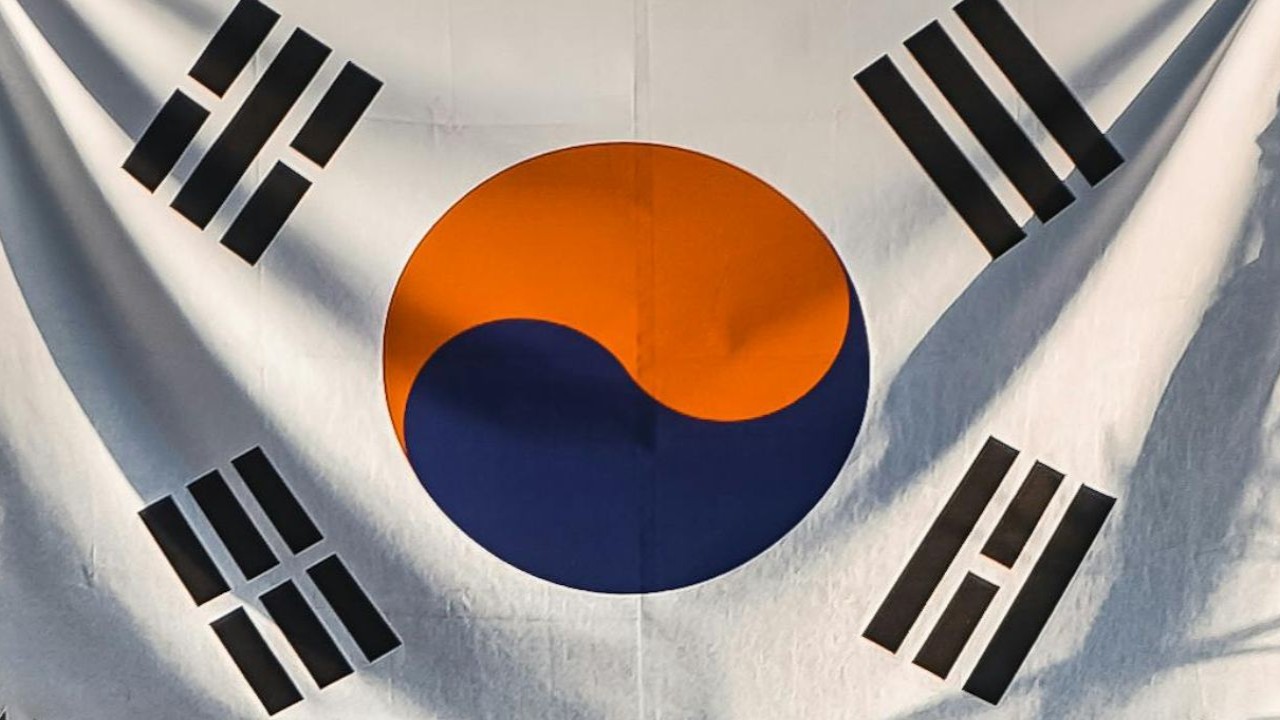South Korea celebrates Liberation day: Discover why it’s not called Independence Day and explore its historical significance
South Korea is celebrating its 79th Liberation Day today time, let’s take a peek at its historical previous, foundation of its name and a quantity of key info below!

The Nationwide Liberation Day of Korea is a public holiday neatly-known every year on August 15 in each South and North Korea. It coincides with India’s have Independence Day. However why is it known as Liberation Day as an different of Independence Day? What’s the historical previous at the succor of today time? Let’s explore some key info about August 15th’s Liberation Day as South Korea celebrates its 79th anniversary.
Meaning at the succor of the usage of Liberation as an different of Independence
Nationwide Liberation Day in Korea is a public holiday noticed every August 15 in each South and North Korea. It marks the discontinue of 35 years of Japanese colonial rule, in consequence of the Allies. The date also aligns with the anniversary of South Korea’s founding in 1948.
Per the Doosan Encyclopedia, South Korea refers to the day as Gwangbokjeol, that means The Day the Mild Returned. In North Korea, it is miles known as Chogukhaebangŭi Nal, or Liberation of the Fatherland Day. The time period Gwangbokjeol uses “restoration” reasonably than “independence” to spotlight that Korea had a lengthy historical previous of independence sooner than Japanese rule. This emphasizes the basis that Korea used to be restored in 1945 reasonably than essentially based, reflecting the nation’s proud and enduring heritage.
Historical previous of Nationwide Liberation Day
The day commemorates the announcement of Japan’s unconditional resign on August 15, 1945. This resulted in the Imperial Japanese Military’s resign to the Allies, with the final Japanese troops leaving southern Korea by the discontinue of September 1945. It wasn’t until three years later, on August 15, 1948, that self enough Korean governments had been officially established.
While Korea had been an self enough nation for centuries, it confronted a colossal different of invasions, with Japanese rule being the most modern. It took three years after Korea’s liberation in 1945 to formally assign the Republic of Korea, which is neatly-known on Nationwide Liberation Day.
Per Korea Receive, all the map through the colonial period, the Japanese exploited Joseon’s resources, banned the Korean language, and required Koreans to adopt Japanese-model names starting in 1939 under the Title Account for. Koreans had been also conscripted into pressured labor and army carrier all the map through the Pacific Battle.
In response, Koreans engaged in relentless efforts to get their independence, forming diversified clandestine groups fancy the Joseon Nationwide Sovereignty Restoration Community and the Korea Liberation Corps. They established inspire bases in China, Russia, and the US, and arranged serene demonstrations. In March 1919, Korean leaders declared their independence, and college students and frequent voters across the country protested with the rallying reveal, “Lengthy Are residing Korean Independence!” The movement prolonged to Korean communities in Manchuria, Siberia, the US, Europe, and even Japan.
Following the March 1st Circulation, Korean organizations had been established in Seoul, the Maritime Provinces of Siberia, and Shanghai. Among these, the Provisional Authorities of the Republic of Korea, essentially based in Shanghai, used to be the country’s first democratic republican authorities. It featured a most up-to-date Constitution and a political plot with certain govt, legislative, and judicial branches.
Koreans also engaged in armed resistance against the Japanese. In the 1920s, over 30 Korean independence army gadgets performed operations in Manchuria and the Maritime Provinces of Siberia. Notably, in June 1920, the Wrestle of Fengwudong in Jilin Province, China, noticed Korean independence fighters, led by Hong Beom Make, attain a significant victory against Japanese forces.
In 1940, the Provisional Authorities of the Republic of Korea (PGK) fashioned the Korean Liberation Military in Chungqing, uniting diversified volunteer independence armies and militias from Manchuria. The PGK declared battle on Japan and despatched troops to inspire the Allied Forces in India and Myanmar.
Additionally, some young Koreans obtained specialized coaching from a U.S. army unit to inspire their capabilities for attacking Japanese forces in Korea. On August 15, 1945, Koreans at final done their lengthy-awaited liberation with Japan’s resign in the Pacific Battle. Attributable to this truth, U.S. and Soviet troops had been stationed north and south of the Thirty eighth parallel to disarm the final Japanese forces on the Korean Peninsula.
August 15 is neatly-known by many countries as Victory Over Japan Day, marking the day Japan’s emperor announced the country’s resign. In the US, nevertheless, today time is commemorated in September, when Japan formally signed the declaration of resign.
Celebrations in South Korea
Per Yonhap News, in South Korea, Nationwide Liberation Day is marked by diversified actions and occasions. An official ceremony, veritably attended by the President of the Republic, is held either at the Independence Corridor of Korea in Cheonan or at the Sejong Heart for the Performing Arts. At some stage in the birthday celebration, flags of a quantity of countries that on the total line the roads across the Jamsil self-discipline of Seoul, between the Olympic Stadium and Olympic Park, are replaced with South Korean nationwide flags.
On Nationwide Liberation Day, all structures and homes are encouraged to illustrate the South Korean nationwide flag, is known as the Taegukgi. Public museums and a quantity of websites are in total inaugurate freed from fee to the descendants of independence activists, who also ride free traipse on public transport and intercity trains.
At official ceremonies, the Gwangbokjeol Tune is performed. The music’s lyrics, written by Jeong Inbo, and its melody, restful by Yoon Yongha, replicate issues of renewal and remembrance. The lyrics evoke imagery of “touching the earth all as soon as more,” “the sea dancing,” and how “today time is the final mark of 40 years of passionate blood solidified,” with a call to “guard this forever and ever.”
Source credit : pinkvilla
